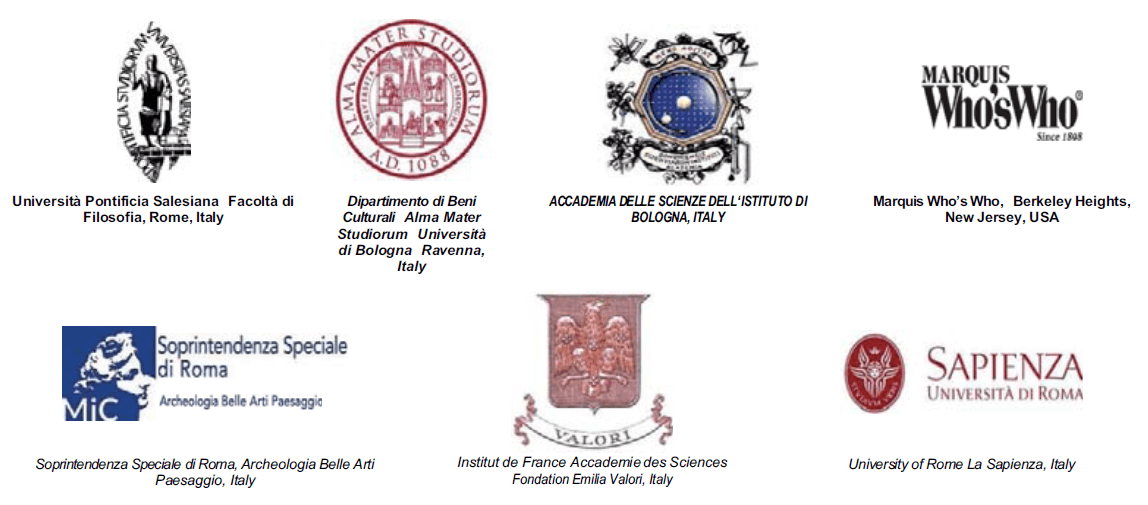The individuation of Cultural Heritage owned by the State and by non profit private bodies
DOI:
https://doi.org/10.6092/issn.1973-9494/573Abstract
The individuation of the cultural heritage is the first step to be carried out before subjecting the cultural heritage to the legal preservation regime. The Author adopted the systems for the individuation of the cultural heritage owned by the State or by non profit private legal persons as provided for by the law in force, at the same time he indicated the problems that were arising, describing the new system indicated by art.12 of the new Code for the Cultural Heritage and Landscapes. That new system is based on a relative legal presumption according to which the whole property belonging to non profit public or private subjects can be considered as cultural heritage. However it is possible to prove that this is not true by means of a special procedure, the so-called “test of the cultural interest” that can be carried out by the Ministry for cultural heritage and activities both officially and at the request of the subjects who own the cultural heritage. After that the conditions and practical aims of the test are analyzed, making a distinction between the official test and the test at request of the other party, evaluating the testing procedure (in terms of competence, guarantees of participation, length and the discussed application of the so-called principle of implied assent), and the effects of the test, making a distinction between negative and positive test.Downloads
How to Cite
Aicardi, N. (2004). The individuation of Cultural Heritage owned by the State and by non profit private bodies. Conservation Science in Cultural Heritage, 4(1), 91–114. https://doi.org/10.6092/issn.1973-9494/573
Issue
Section
Articles
License
Copyright (c) 2004 Nicola Aicardi
Copyrights and publishing rights of all the texts on this journal belong to the respective authors without restrictions. Authors grant the journal right of first publication.
This journal is licensed under a Creative Commons Attribution 4.0 International License (full legal code).
See also our Open Access Policy.






